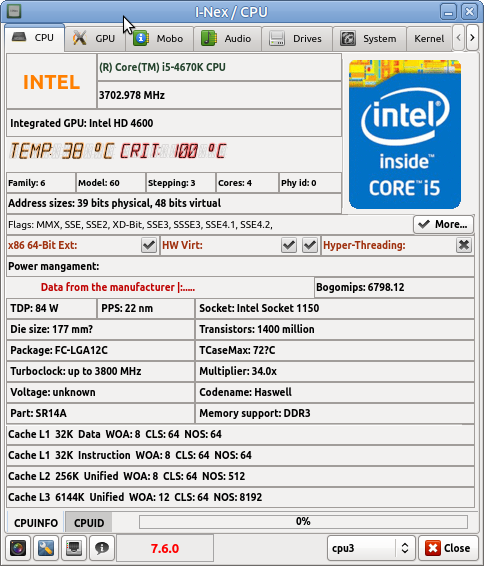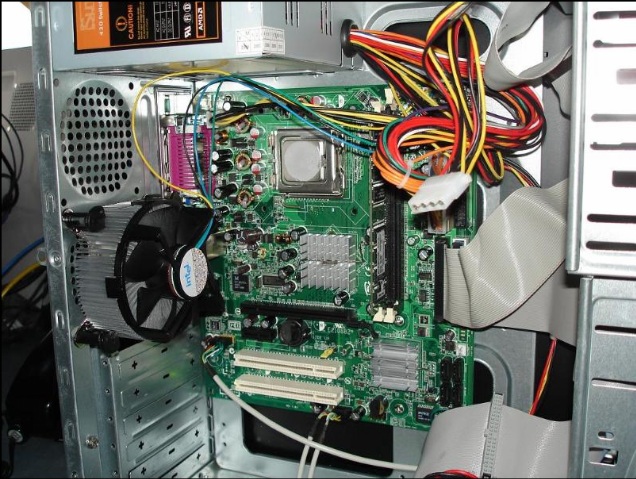CPU coolers are an essential component of any PC build, as they help to dissipate the heat generated by the CPU and prevent overheating. There are several different types of CPU coolers available, each with its own unique set of features and benefits. The most basic type of CPU cooler is the stock cooler which comes with most CPUs. These coolers are typically very small and are not designed to dissipate a large amount of heat. They are sufficient for basic tasks such as web browsing and document editing, but they will struggle to keep up with more demanding tasks such as gaming or video rendering. Another type of CPU cooler is the larger air cooler. These coolers use a larger heatsink and fan to dissipate heat away from the CPU. Air coolers come in a variety of sizes, with larger coolers able to dissipate more heat. They are generally more affordable than other types of coolers and are easy to install. A more efficient type of air cooler is the tower cooler. These coolers use a large heatsink with multiple heat pipes that transfer heat away from the CPU. They also have a large fan that helps to dissipate heat. Tower coolers are larger than other types of air coolers and are more expensive, but they are also able to dissipate more heat and keep the CPU cooler.

A liquid cooler is another type of CPU cooler. These coolers use a liquid that is circulated through a radiator to dissipate heat away from the CPU. Liquid coolers are more efficient than air coolers and are able to dissipate more heat. They are also quieter than air coolers, as the liquid absorbs more noise. However, liquid coolers are more expensive and more difficult to install than air coolers. When choosing a CPU cooler, it is important to consider the size of your case, the noise level that you are comfortable with, and the cooling performance that you require. If you are building a small form factor PC, a compact air cooler or low-profile liquid cooler may be the best option. If you are building a high-performance PC, a large tower cooler or liquid cooler may be necessary to keep the CPU cool under heavy loads. It is also important to consider the compatibility of the cooler with your CPU. Different CPUs have different TDP (thermal design power) ratings and require different-sized coolers. Make sure to check the compatibility of the cooler with your specific CPU model before purchasing.

Liquid Cooling takes the heat from the CPU and moves it somewhere else, you need a way to cool down the water before circulating it back to the CPU again, some kind of radiator is needed. This will be included with the water cooling kit. As well as a cooling block to mount to the CPU.
Overall, CPU coolers play a vital role in keeping your PC running at optimal temperatures. They come in different shapes, sizes and designs, so it is important to consider the cooling performance that you require, the size of your case, the noise level that you are comfortable with, and the compatibility with your CPU before choosing one. In conclusion, CPU coolers are an essential component of any PC build, as they help to dissipate the heat generated by the CPU and prevent overheating. There are several different types of CPU coolers available, each with its own unique set of features and benefits. Stock coolers, air coolers, tower coolers and liquid coolers are the most common types available. When choosing a CPU cooler, it is important to consider the size of your case, the noise level that you are comfortable with, and the cooling performance that you require. It is also important to consider the compatibility of the cooler with your CPU before purchasing. With the right CPU cooler, you can ensure that your PC runs at optimal temperatures and performs at its best.